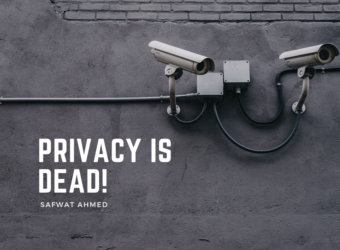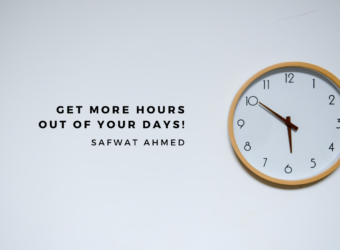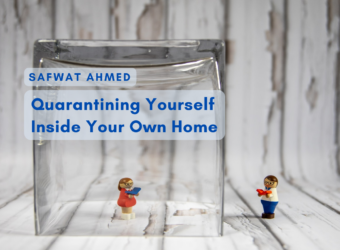Hi, I’m Safwat Ahmed
a
Product Manager
UI/UX Designer.
Fintech Practitioner
As a dedicated expert in sustainable innovation, I craft scalable product designs that elevate user experience and propel business growth, continually striving to be a leading consultant in the ever-evolving world of technology.

What I Do
Business Stratagy
I throw myself down among the tall grass by the stream as Ilie close to the earth.
App Development
We’ll handle everything from to app development process until it is time to make your project live.
Business Stratagy
We’ll help you optimize your business processes to maximize profitability and eliminate unnecessary costs.
Mobile App
Using our expertise in mobile application development to create beautiful pixel-perfect designs.
SEO Optimisation
Your website ranking matters. Our SEO services will help you get to the top of the ranks and stay there!
UX Consulting
A UX consultant is responsible for many of the same tasks as a UX designer, but they typically.
My Resume
Latest Experinces
Senior Manager - Design & Solutions
Nagad Ltd- (Nov 2023 - Apr 2024)Spearheaded the design of a mobile financial service for 80 million users, focusing on scalability and stability. Managed cross-functional teams, introduced new revenue-generating features.
Manager - Service Planning
Nagad Limited - (July 2022 - Oct 2023)Facilitated seamless integrations with banks, financial institutions, mobile operators and merchants to expand the service portfolio. Played a pivotal role in ensuring platform readiness for system upgrades and scaling operational capabilities
Project Manager
Nagad Ltd. (Mar 2021 – Jun 2022)Streamlined the development pipeline for core mobile financial services, prioritized the backlog by aligning compliance, revenue, and strategic objectives, and ensured smooth coordination across cross-functional teams.
Early on
Senior Product Manager
Sheba Platform Limited (Aug 2020 – Feb 2021)Led a team managing 2 live products and 2 R&D projects. Pioneered infrastructure and application security initiatives to support the company's financial services.
Product Manager
SELISE Digital Platforms (Jan 2019 – Apr 2020)Led Selise Bhutan team and expanded the business portfolio, growing the team to 55 (from 16). Shifted the business model to PaaS and released standardized solutions such as Telcosuite 3.0. Designed and developed user-centric products, with one solution winning SELISE Group's best solution award in 2019.
Business Analyst / UX Designer
SELISE Digital Platforms (Dec 2017 – Dec 2018)Designed user-centric UX journeys through wireframes and interactive prototypes, ensuring seamless user experiences. Delivered Agile design specifications and collaborated closely with developers to expedite delivery and improve the overall user experience.
Global Graduate
BAT Bangladesh (Jan 2017 – Aug 2017)Developed the talent brand social media plan for the Marketing function and led end-to-end recruitment efforts, achieving a 95% structure completion rate.
Education Quality
Bachelor of Business Administration
Bangladesh University of Professionals
Major: Marketing
Minor: Supply Chain Management
International Supply Chain Education Alliance (ISCEA)
SuperKing College (2001 - 2005)Certified Supply Chain Analyst, CSCA™
Job Experience
Sr. Software Engineer
Google Out Tech - (2017 - Present)Google’s hiring process is an important part of our culture. Googlers care deeply about their teams and the people who make them up.
Web Developer & Trainer
Apple Developer Team - (2012 - 2016)A popular destination with a growing number of highly qualified homegrown graduates, it's true that securing a role in Malaysia isn't easy.
Front-end Developer
Nike - (2020 - 2011)The India economy has grown strongly over recent years, having transformed itself from a producer and innovation-based economy.
My Blog
Privacy is dead! And it’s our fault.
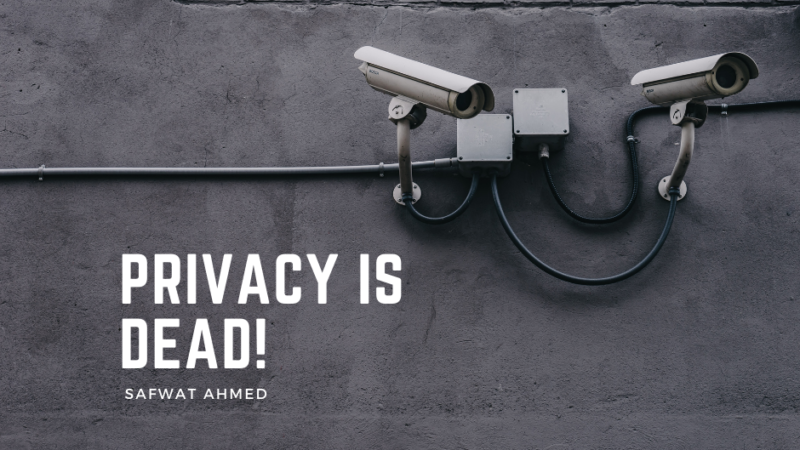
Privacy is dead! And it’s our fault.

“You’re being watched………………….”
Jonathan Nolan (producer). Person of Interest [Television Broadcast] Bad Robot Productions, Kilter Films, Warner Bros. Television
Starting monologue of perhaps one of the best TV shows airted till date. The line becomes more real with every passing moment. And yet, most of us couldn’t care less.
It’s not like we were always thrilled with the idea of being watched. We do raise flags and concerns over governments being able to monitor our personal messages, conversations yet we have voluntarily handed over the same and so much more to private entities.
This brings us to the almost hidden dystopian world of today. Where you and I are less of a person and more of a product. And the worst part? We chose this for ourselves.
How it all started
While a summary wouldn’t do this topic justice, I’ll have to do that just for the sake of staying relevant to the main topic. Perhaps at a later time, I’ll do a deep dive article and link it here.
Now, let’s look at the three things that needed to happen for us to be led on this path.
1. The rise of technology
Internet became available to households, and websites started appearing. While people paid for connectivity, the web as a whole remained free. And people liked it that way.
As with any space, screenspace too got sold as advertising space. This was considered a good revenue source as people would rather have free things on the internet than pay for them.
Fast Forward, technology improved, infrastructure became cheaper, companies started collecting and storing an insane amount of data and using machine learning to interpret those. They gained the capability to target users at an unprecedented level.
Gone are the days where advertisers had to come up with a campaign that appealed to the masses. Individually targeted with particular messages are used. These are bound to make us tick, make us believe, make us behave the way they want us to.
But that only explains part of the story, right? Just because having the technological capability on its own does nothing. There needs to be actionable data to drive this machine. Now, where did that come from?
2. Emergence of free Dopamine Delivery Systems
The internet is a place of innovators. And these innovators have always sought ways to make people’s lives easier, convenient, and so on.
Who doesn’t like being able to access their mails from anywhere in the world instead of having to pick them up from a designated location? Who doesn’t like being able to chat with a friend? Who wouldn’t want an app that allows you to send unlimited messages to your friends as long as you’re connected to the internet?
And let’s not forget social media! You get to see what your friends are up to, share your life stories as they happen, and stay updated with the latest trends.
And the best part? You don’t have to spend a dime for it. All you need is an internet connection. In some cases, even if you haven’t bought data plans, you can still access specific social networks. Why? Because certain companies are paying for your data usage.
In a world where there are no free lunches, there seem to be many free services. Billion-dollar companies are providing their services for free, so who’s paying for these?
Short answer? Advertisers. Do you see that sponsored post in between every 4-6 posts on your feed? Or those usually unskippable ads that you see in the middle of a video? That’s what pays for the free services you use. The more time you spend across these platforms, the more money the platform makes.
To maximize revenues and profits, companies make decisions that sacrifice users’ well-being in favor of user’s time spent on the platform. Everything the platform knows about you is put under the microscope. Your searches, messages, posts, comments, likes, reacts all of it are analyzed. But there’s more, even when you spend time on other websites, these advertising giants are following you there even.
They know more about you than you consciously know about yourself. And with that knowledge, they create your own Perceived Digital Utopia, where all you see is what you agree with, be it a truth or a lie that’s irrelevant. All you see are what you want to see.
At the same time, this “utopia” comes with just the right amount of things you disagree with. Not the small stuff that you can ignore, but things that you find are outrageous. Something where you must speak up, showcase your moral superiority. Feel good about yourself for doing so.
It’s all about that engagement. Your achievements in life, your milestones, your losses. Your agreement/disagreement with others and a chance to stay connected, feel good about yourselves. All the platform cares about is that you do so with their services.
We love this, every bit of this. Free services, freedom to express yourselves. Getting that social validation from our friends through likes and comments. Or even just that easy navigation with traffic updates that we get on our phones for the very free cost of sharing our phone GPS data with them. Isn’t that just a steal!
Like Pavlov’s dog, we are hooked. Every notification sound rings up those dopamine centers, leaving us wanting more. We keep on sharing more photos, engage on more posts, make every milestone in our lives known. Just so that we could have our next fix, another dose of dopamine.
The more data we share, the better-targeted ads are shown to us.
3. Gross indifference towards data privacy
I actually started writing this article long ago but then gave up. What was the point of it anyway? Nothing I was going to do was going to change anything.
The crisis we face today with privacy is not unknown. Just overlooked and underestimated.
I have been trying to switch my own closest friends to more privacy-focused services for a while now. And trust me, the reaction I have faced ranges from polite “No thanks yous” to “Are they paying you to advocate for them?”
Whenever I bring the topic of privacy up, I usually hear the following:
- I don’t really mind them having my data; I am not involved with anything illegal.
- It’s not like they are going to leak my information online.
- What can I do? All the friends and family are on this platform.
- It’s really the most relevant source of content out there.
- It’s free, so I don’t mind.
And the most dangerous statements of all
“I kinda like these targeted ads. I usually find what I’m looking for via those ads.”
Way too many people
Companies know this. They know how much you don’t care. And even when incidents came out that showcase how much you really should care, the same targeted ads mechanism was used to downplay its gravity. For different users, a different message, a different dosage, at the right frequency to change their minds.
Since the majority don’t care or can be influenced not to care. This dystopian reality need not come to an end.
What it means for us
While there is no doubt that we voluntarily gave up perhaps one of the most important things in our life. It doesn’t have to stay this way. For that, we need to understand a couple of things:
- Just because you are not involved in anything illegal doesn’t mean you don’t need data privacy.
- Your data, as valuable as they are to the companies, is just a tool for revenue. Their priority is to show you relevant ads, not protecting your data. The high-scale breaches should give you an idea of how little companies care about protecting your data.
- Your friends are not switching to better alternatives because you are not switching to those services. Very seldom we find options worth switching to. Sticking to worse options when better solutions are available means you’re part of the problem.
- It might seem like a service that doesn’t track you gives less relevant content. Still, in reality, it provides you equitable access to everything. Just because something doesn’t match your worldview doesn’t mean it’s not worth checking out. Maybe you’ll learn something new.
- And just because the ads you see give you access to things you were looking for doesn’t mean you’re getting the best deal out there. The only one winning here is the advertiser who paid and configured their promotion correctly. Making you go for the purchase for something you really didn’t need at the moment. Or targeting you with lies to influence the outcome of an election. Still not scared?
Is there a way out?
I understand switching to privacy-focused alternatives is much easier said than done. For many of these privacy-intrusive services, there aren’t any good alternatives yet.
But that doesn’t mean there’s nothing we can do about it. We have to really show that we care about privacy. That we will adopt privacy-focused alternatives whenever possible, even with slight compromises.
That doesn’t mean a complete boycott of the rest in an instant.
For example, if you want to search for something, maybe first give duckduckgo a try before other search engines and see if the content is relevant. If not, then go ahead with your preferred one.
When messaging your friends/family, check if they have Signal installed before hitting them up on another IM app. If you have it installed, chances are others who already have it will also knock you there.
Why I use Signal
I wanted to give a special shoutout to Signal for a couple of reasons. First and foremost, because of how privacy-focused they are. But also because it’s a non-profit and open-source software. This helps to clear any confusion about their motives and make them more acceptable.
From what I understand, Signal has the state of the art end to end encryption. And being open-source software, independent developers have the option to validate that claim.
But another reason I am particularly highlighting Signal is that it’s a complete messaging solution with no compromises. It’s not only a Whatsapp alternative. In many ways, it’s better.
So your quest to go privacy-minded will come without compromises. And guess what, it’s free too!
But aren’t you the product when something is free? Who’s paying for it?
Signal is a non-profit that runs off donations and grants. Nothing is really free; servers cost money, developers have to earn. But all of it comes from the loyal userbase that wants this product to succeed. You can donate as a one-off donation or have a donation subscription if you can. Or just use it for free. That’s how it’s designed. Those who can help, help everyone else.
Check them out at www.signal.org.
Final Thoughts
Privacy is a human right that is much ignored. And the crisis we face now isn’t going to go away overnight. Switching to better alternatives like Signal is just a start. It’s not going to solve everything. But it’s a start never the less. The more we show the world we care, the more incentive they have to respect our wishes.
We have to be vocal. Whenever we can affect policy with our voices, we should encourage our policymakers to help us achieve this fundamental right. GDPR is one of those things that is protecting this right of European citizens to some extent. It’s time the rest of the world also cared.
Get more hours out of your days!
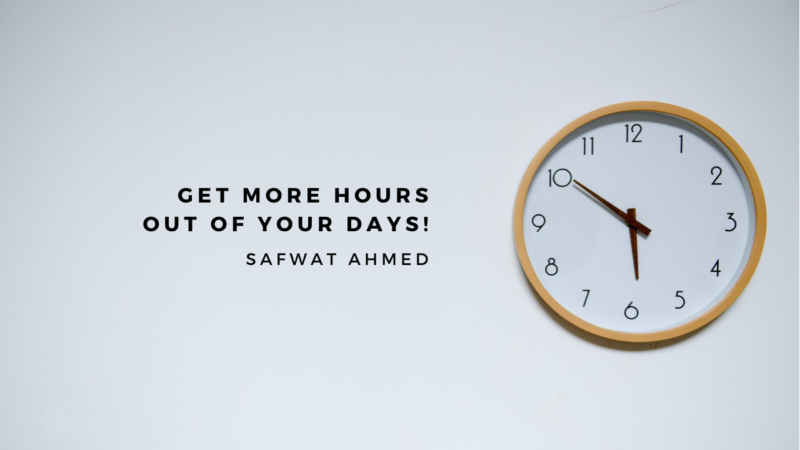
Get more hours out of your days!
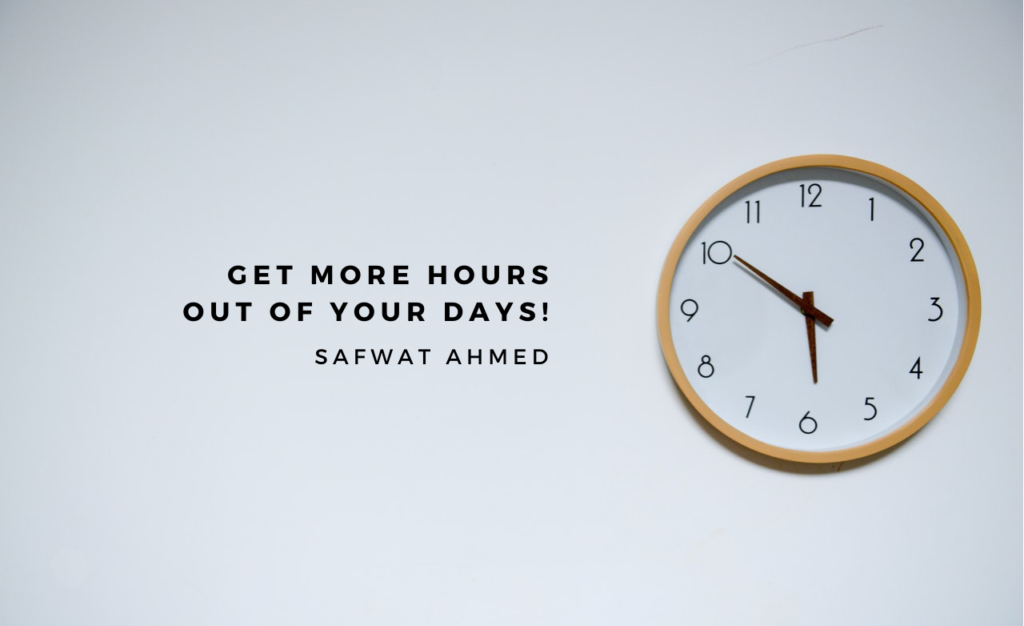
A few months into WFH, and you feel like there aren’t enough hours in the day to get the work done, let alone do all the other things you need to do for yourself. Reading a book, finishing that online course, or cooking a decent meal for yourself and your family. But shouldn’t you have more time now? If you live in one of the more crowded and overloaded cities in the world, you’re probably saving anywhere between an hour to three hours a day on commute alone.
Then why is it that suddenly you have less of it? Now that you’re thinking about it take a look back and ask yourself, “Did I always feel there weren’t enough hours in a day?”. I know I did.
If you’re wondering where all your hours disappear, you’re not alone!
The good news is, 24 hours is more than enough. If anything, managed right, you’ll end up with enough free time to get bored every day. But surely, as you get more hours out of your days, you’ll figure out ways to spend them.
You need a routine, a proper routine!
It’s good to have a routine. I’ll just make one and stick to it. Problem Solved? Maybe. You see, having a routine is the right way to go, but it’s essential to prepare it right.
Here’s How I would recommend you to get started:
Wake up early
Try to wake up at sunrise. Depending on seasons, that might be 5:30 AM or even 7 AM. Let’s set 7 AM as the absolute latest that you can wake up at, regardless of where you live. Some of you might already be waking up before sunrise for morning prayers. Stay up and enjoy the day morning!
Trust me, even if you stop reading here, you already know the most essential step towards getting your time back. You’ve guessed it, it’s waking up early. More importantly, as our circadian biological clock would have it, waking up with the sun is crucial for a healthy life. I’ll put in a link about this somewhere for you to read up more on.
Meditate and workout
Now I sound like I’m trying to steal more of your time by adding more activities to your day, don’t I? Trust me, I’m not. I promise you, you’ll save more time because of these.
Meditation helps clear your mind. While you’re at it, think about what you have to do today, what you want to achieve. No, meditation isn’t magic. It won’t automatically happen because you thought about it, but it’ll help you keep your focus.
Exercise also helps to uplift your mood, gets you into that active and energetic mindset that you need to get into before start working. You don’t have to do an hour-long extensive workout session(unless you want to). Simple pushups, crunches, or any other freehand exercise you’re comfortable with will do just fine. But spend at least 10 minutes working out.
Trust me on this, you’ll thank me later.
Make your work time-bound
Work is sacred. As a professional, you should always ensure you’re doing right by your role, responsibilities, and career aspirations. Part of which is doing things on time, without distractions. But don’t let your work consume the essence of all that which makes you, you. You won’t be doing anyone any favors by allowing yourself to burn out. (read the HBR article I’ve listed as related reading materials)
How can you make your work time-bound?
Set a time for yourself to start working, for me, it’s 10AM. I sometimes start earlier, but never after 10AM. Now add 8/9 hours to it. This is a good measure of finding out when to log-off.
Don’t worry, we haven’t forgotten your lunch hour or breaks. If you’re appropriately focused, 6.5 – 7 hours(excluding breaks) is expected of you anyway. Keep track of how long you’re working vs. how many breaks you’re taking and their durations. Make sure you at least complete your 6.5 – 7 hours every day.
You should be able to get everything done in 6.5 – 7 hours on most days, inevitably there will be exceptional cases. But if you regularly find it difficult to finish your work within the acceptable hours, it’s imperative that you find the reason and resolve it.
It’s 6 PM now, time to log-off, wait! Look at your timer, have you spent 6.5-7 hours at least on your actual work? If not, then we need to work on your self-discipline. Go on, complete your hours. But don’t just do it for the sake of it, utilize this time correctly. If you don’t have anything else to do (should you be so lucky), spend this time to reflect on your previous work and how you can improve on those.
Once you’ve done right by your duties, Log-off. Don’t entertain any work calls/requests for the day unless it’s an emergency. Let your colleagues know of your schedule in advance and ask them to respect your time. It’s imperative to set some boundaries here.
Take A Break, You’ve Earned it!
Go do nothing for a change. Talk to your family, friends, or just look out of your window. You deserve this break. Take 15-20 mins for this. We’re not done with today.
Learning time
Who are we as people if we don’t spend time learning to be better than the rest, better than who we used to be. It’s time to do just that. Try to dedicate an hour of every day, at least, on learning something. It could be articles you read on medium, HBR, or some other credible and relevant source. It could be an online course that you’re taking. In any case, spend some studying. Have a plan, I want to learn a particular thing this week, or month. Follow through.
Entertainment, social life, and everything else
If you know how much time you want to allocate every day for learning, you know the earliest you can go for entertainment and social life. Which should be: Work End Time + 20 mins + learning time. Don’t start watching TV before that. Let’s say I start at 10 AM, end work at 6 PM, take a 20 min break, spend 1-hour learning. I can get into my social life from 7:20-7:30 PM.
Do whatever you want from this point onwards. I prefer having my dinner early and then watching TV. I chat with my friends, call my relatives, play games and so on. I do this until 11 PM.
Prepare yourself for the next day
Congratulations! You’ve made it! Now it’s time to keep the momentum. Open up a dairy. We’re going to do two things: make a list of all the things you’ve done today [ref: anti-todo list] and a general plan for tomorrow.
Why do I need a plan for tomorrow? Don’t I already have a time table prepared that I’m going to stick to? Well, if you’re anything like me, you’ll do this very well for a week. Then out of the blue, something unexpected will knock you off your plan for a day. The next thing you know, you’re rationalizing deviating from the routine. “Just for another day, I’ll get back on track from tomorrow.” Yeah, because that’s exactly what is going to happen, right? 😛
Life is ever-changing, and the best routine you can have for a day is perhaps the one you could foresee for yourself the night before. Writing it down helps you commit to the plan, and doing this every day is renewing your commitment. This isn’t going to be a full hour by hour plan for your day, but a summary. “I’ll wake up at 7 AM, work my legs, finish working on task A, start working on B and C, read 5 articles on medium on Color Selection in UX”. And this will be a guiding factor for your daily meditation. Oh, did I mention that you should start off with this step? Oops, my bad.
Time for bed
It’s 11:30 PM now, whatever you were doing now, stop. Make your bed and turn off the lights. No more looking at your phone, it should already be on Do Not Disturb mode. Colors shifted to Night Mode / Night Sheild, you know the blue light filter one just in case you want to do a quick email check before going to bed. Okay, that’s it. No more looking at your phone. Try to fall asleep. In the first few days, you’ll struggle with this. Try reading a book, under yellow dimmed lights. If that’s not possible, listen to a podcast, or put on some white noise. Anything that keeps you from getting bored but doesn’t hamper your ability to fall asleep will do.
REPEAT THIS, EVERY DAY!
Bonus material
How to keep track of your working time and breaks?
I’m sure there are many different ways to do this. I use the free version of Clockify for this. Simply start the timer whenever you’re working and stop it when you take a break.
Having difficulties finishing your work within 7 hours?
Start off with self-evaluation, is there a skill mismatch? Then move on to ask yourself if you are taking too many breaks or getting interrupted in the middle of work by others or ad-hoc work. Finally, are you taking on more work than ideal?
If you had a good read and want to see more content like this, please share it with your friends. Leave your thoughts and constructive criticisms in the comments.
Related reading materials:
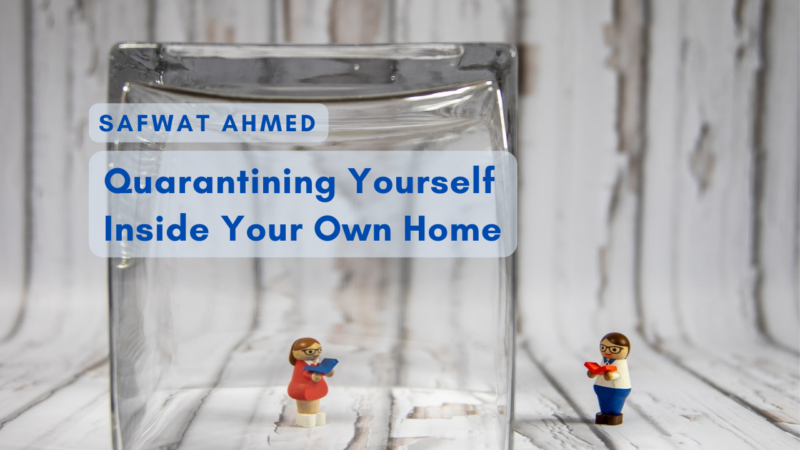
Quarantining Yourself Inside Your Own Home
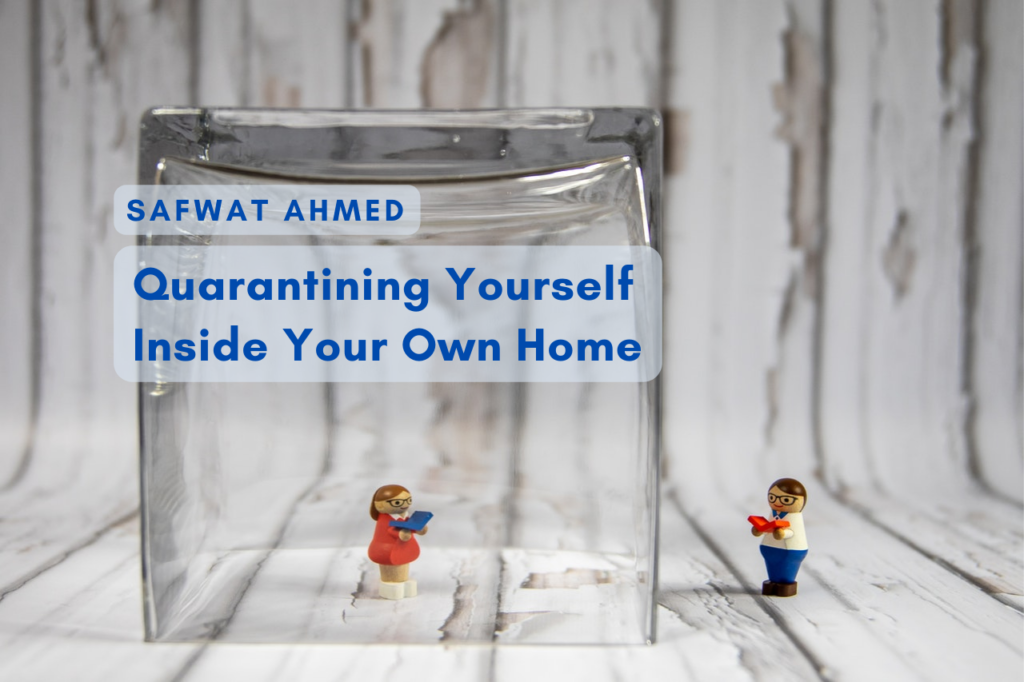
Not too long ago before everyone went into work from home mode, I was worried that my exposure to various people in tightly packed spaces at work would come back with me and harm my family. I met up with people who had carelessly met up with recent returnees from abroad.
I had two things I needed to do. Protect my family from what I’m potentially exposed to, and stop physically going to work where I can expose myself to the virus and potentially become a carrier and harm my other colleagues.
Since what I do at home was completely up to me, I was able to start it right away. And that’s what this guide is about.
Hence I decided to quarantine myself within my own home. This article can serve as a starting point for setting up your own quarantine environment if you have a risk of exposure or are feeling slightly unwell and don’t want to transmit whatever you have to your family.
NOTE: I AM NOT A DOCTOR OR AN EXPERT ON ANY MEDICAL RELATED FIELD.
Do You Own Research Before Implementing These. Check World Health Organization’s Website For Authentic Information.
What we are about to do
The objective is to prevent the transmission of COVID-19 from you to others you share the house with. Thus all forms of exchanges have to be thought off and minimized if not completely eradicated.
Some Possible Points of Transmission:
- During Meals Together
- Having Face to Face Conversations
- Using a Common Washrooms
- Having Physical Contact
These things, without the exception of “Using a Common Washroom” where you don’t have any choice, have to stop immediately.
WE ARE GOING TO GO QUARANTINE MODE, WITHIN THE RESIDENCE.
Setting up the quarantine
At least 14 days’ worth of quarantine preparation has to be taken with an advisable buffer of perhaps another 7 days in case you do start showing symptoms later on but aren’t in need of hospitalization.
Preparing your room
There’s never been a better time to clean up your room and clear our things you don’t need. Clearing things our or bundling them up and storing them in one place is important as it becomes easier to clean up going forward, and you have more space to keep the stuff I’ll suggest now.
These are the stuff you should ideally have in your room if you don’t already have them
- Whatever medicines you need. 21 days worth (don’t take more than that, others need medicines too)
- A small table – this will be your workstation and dining table
- A moderately big trashcan (with trashbags worth 14-21 days of trash)
- Hexisol / Hand sanitizer – One for inside your room
- A thermometer – You should monitor your fever at least twice a day once you start developing symptoms
- Enough water bottles to store 4-5 liters of water
- Glass and Mug
- An electric kettle – Not a must, but a really good nice to have
- A couple of good quality masks
And right outside your door, you need the following:
- Another small table – this can be much smaller, just able to keep 3-4 plates at the same time.
- Hexisol / Hand sanitizer – one to be kept in this smaller table outside the room
Preparing the people you live with
Now it’s time for the people you share the house with. They also have a part in it. Ideally, you’d never come out of your room and, or have face to face close interactions with them.
But if that is not possible, one case might be you have to use a common washroom; then they need to be aware to maintain enough distance from you. Particularly if you have kids or pets in the house they need to be kept a close eye on.
They will need the following:
- Gloves – When moving your trash, used plates
- Masks – If they have to come to your room or close to you.
Some Additional Preparation
Since the objective is undoubted to limit exposure. It helps to minimize the reasons for which you need to go out of the room. Setting up a food stash in your room could help you do just that.
Consider having the following:
- 3-4 Packs of Cereal – For when you get hungry
- 5 Kg Milk Powder – for Cereal, tea, coffee or just milk itself
- 800 gms of Cashew (Wasabi Flavor) – you want something that gives you calories but not something you feel like eating a lot of
- Ferrero Rocher / Snickers / Kitkat – For when you feel low, you will
- Coffee / Teabags – based on your consumption. Keep tea bags anyway for the possible cold you might get. You can switch up between tea and hot water.
- Sugar – Why not?
Living through it
This is not going to be easy in any way. We are social beings by nature and confined to a room in a confined house. If you’re not already used to it, it’s not going to be easy. This is how the following aspects of your life are going to look like:
Work
That Small table is going to be a big part of your life. Surely you could’ve just worked from bed but working from a table is better for your health and productivity.
Food
Ideally, your meals will be prepared by someone else in the house and kept on a plate outside your room in that smaller table I mentioned earlier. You will take the food from there, after whoever kept it has moved back to a safer distance and once you’re done with the food.
Once done, do not put it outside on the table immediately. I actually recommend disposable plates. At the time of writing the article, I wasn’t able to learn how long the virus can survive without outside the host. Some sources say 72 hours but I couldn’t verify the authenticity of those claims.
If disposable plates are not an option, that’s where you delay putting the plates outside your room and whoever collects it wears gloves while doing so.
Having your food supply in the room is also good as it minimizes your interactions and exchanges with the rest of the residents. And you can satisfy your cravings without bothering anyone else.
Having said that, consider rationing your food. If the situation worsens, you can last longer with your stock just by rationing. And since you’re not leaving your room, you’re not burning off enough calories. So rationing is the right way to go if you don’t want to gain weight.
Trash
You should put the trash outside your room sealed in the trash bags and they should be collected by someone wearing gloves.
Mental Health & Wellbeing
Don’t just wake up and start working or watching TV. You’ll get frustrated that way. Have a morning routine. If your room has a balcony or window, go embrace the sunlight. It can be very uplifting.
Take breaks from work. If you don’t have to work because of the emergency (give me your email address, I’m sending you my CV). Do things that are productive anyway.
Have video calls with your family, close friends, and colleagues. This will partially take the edge off.
And exercise regularly. Since you won’t be leaving the room, you will start to feel fatigued. Pushups, Squats can help you take your mind off things.
Physical Health
Take care of your health. If you already have some preexisting conditions and need regular medicine, then take those in a timely manner. Set alarms for yourself if you have to.
If you have asthma, keep your inhaler close by. Take a daily temperature reading of yourself and keep an eye out on credible news sources. Regarding what you should do in what scenario, when should you go to the hospital and when it’s okay to stay home.
Mentioning exercise again, but for your physical health. You don’t want to lose your muscle mass over the quarantine period. Do some freehand exercises to keep yourself healthy.
Going out of the room
I already mentioned, going out of the room is a big NO. But if you don’t have a choice, disinfect your hands wear gloves and get out. Make sure you maintain enough distance from others.
If you’re using a shared washroom, then ensure that you clean it up thoroughly after every use.
Remarks
By now most of you are already staying indoors and have limited risk of exposure now. Yet I am publishing this article now as I have been already following what I have mentioned here and it’s certainly feasible.
This article can be useful for the following scenarios:
- If you are the person in charge of procuring food and other supplies for your family in this situation, you should keep yourself isolated.
- If you start developing symptoms now; you can start isolating yourself from the rest of your flatmates / family members.
- Once the work from home privileges are lifted and you start going out again, you can take some of these cautionary measures
- As winter approaches, given the possibility of Covid-19 making a seasonal comeback, you can take some of the measures.
As mentioned earlier, I am not an expert on this matter. I’m someone who likes to take necessary measures. Please don’t take it as a full-proof guide, rather just a starting guideline.
I wish you and your loved ones all the best. Flatten the curve, say safe!


